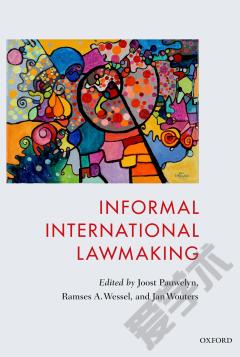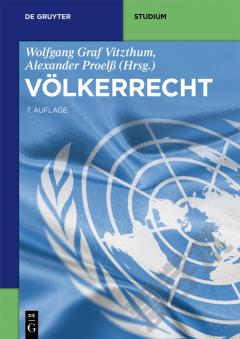Informal International Lawmaking
Informal international lawmaking (IN-LAW) is on the rise. It seems to fall outside the strictures of both domestic law as well as international law. Hence, this activity raises questions of accountability deficit. The book's aim is to be empirical and problem-oriented. It intends to gauge whether there is a problem related to informal international lawmaking and, if so, to think about how to solve this problem in a way that can assist policy-makers and their stakeholders. The book distinguishes informal lawmaking from traditional lawmaking by focusing on the actors, process, and output. It argues that the international legal discipline will have to find ways to take the rich, effective, and (more often than not) legitimate normative output stemming from IN-LAW onboard to remain relevant.
{{comment.content}}








 京公网安备 11010802027623号
京公网安备 11010802027623号